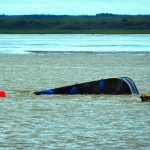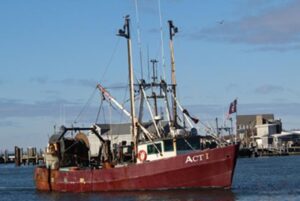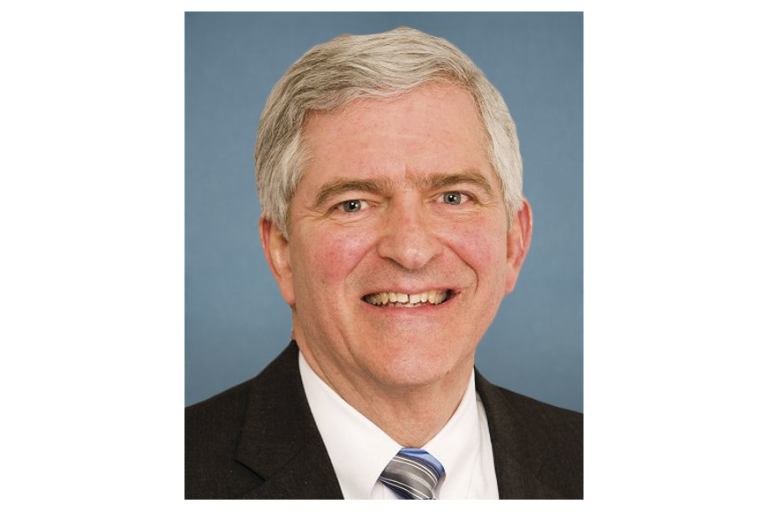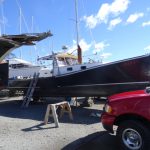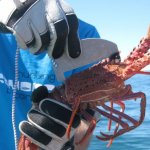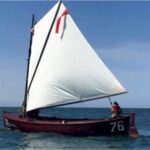Monthly Archives: January 2018
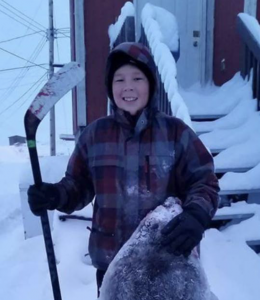
An Inuk Boy Who Caught A Seal With His Hockey Stick Is Peak Canada
Forget gingerbread Parliament Hill and Shania Twain’s Grey Cup entrance on a dog sled — a photo of a grinning Inuk boy who just caught a seal using a hockey stick might be the most Canadian thing we’ve seen this year. Ryder Aviogana, who is from Kugluqtuq, Nunavut, was a water boy at the Kitikmeot Cup hockey tournament two years ago, according to a comment on the viral photo that’s been shared by CBC Nunavut and across Reddit. But, given his recent stick handling, he might be ready to graduate from water boy to on-ice player. click here to read the story 10:29

How cold is it? Texas Parks and Wildlife halts fishing along Gulf Coast during freeze
The Texas Parks and Wildlife Department has temporarily closed certain areas of the Texas coast to fishing in order to protect fish stocks, according to a statement. The closure is in effect from 6 a.m. on Jan. 2 to 10 p.m. on Jan. 3. “The high mortality that a freeze can cause may deplete fish stocks for years,” said Robin Riechers, director of TPWD’s Coastal Fisheries Division. click here to read the story 10:03
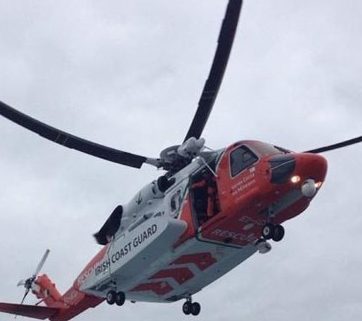
Irish Coast Guard review: Remarkable and laudable record
An end-of-year review by the Irish Coast Guard reveals that the service assisted more than 3,300 people over the course of 2017, of which a total of 335 were classified as “lives saved”. The coastguard co-ordinated more than 2,500 incidents through its three Marine Rescue Co-ordination Centres based on Valentia island in Kerry, Malin in Co Donegal, and its Dublin-based headquarters. click here to read the story 18:19 
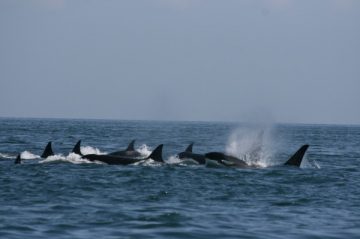
Study finds U.S. regulations to protect killer whales near B.C. coast effective
American regulations that limit vessel noise and traffic around endangered killer whales off the West Coast are working, a new study says. NOAA said in its review of regulations adopted in 2011 that the changes are benefiting southern resident orcas without having negative effects on the local whale watching and tourism industries. Regulatory changes implemented by the American government prevent vessels from going within 200 yards, or 182 metres, from the whales.,,, Canada’s Fisheries Minister Dominic LeBlanc said last fall that similar regulations will be in place before the spring,,, click here to read the story 14:45
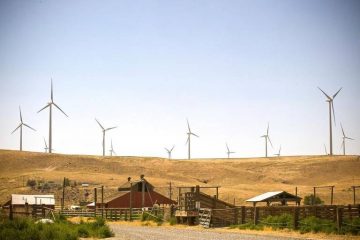
The fate of the Northwest’s largest energy provider may decide future of our salmon
When they were first built, Columbia River dams like Grand Coulee and Bonneville were technological wonders that placed the Pacific Northwest on the edge of the future. Millions of acres of farmland were irrigated. The dams fueled the growth of urban areas around Seattle and Portland, and powered reactors at the Hanford Nuclear Reservation that produced the plutonium for the bomb dropped on Nagasaki in World War II. Salmon and the region’s Indian tribes were a second thought during this period — until the dams took their toll. click here to read the story 13:21
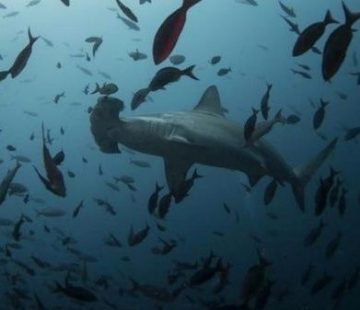
The Next “Big Thing”? Researchers Propose Ecuador-Costa Rica Swimway To Protect Marine Life
A group of scientists, marine ecosystem protectors and government officials from several countries throughout the Americas are working together to create the “Galapagos-Cocos Swimway.” The swimway will be a “new type of international (marine) management” system, Carlos Chacon, Director of Pacific Network (Red Pacifico in Spanish), a principal proponent of the swimway, tells TeleSUR.,, He says the proposed swimway would be the first internationally, “specially managed” marine conservation project, taking into account ocean ecologies and human economies.
click here to read the story 10:55
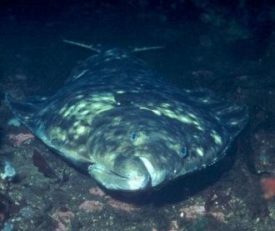
A tricky break for business fishermen: Pacific halibut catches more likely to drop subsequent 12 months
It‘s going to be a tough year for many Alaska fishermen. After announcements of a massive drop in cod stocks, the industry learned last week that Pacific halibut catches are likely to drop by 20 percent next year, and the declines could continue for several years. That could bring the coastwide catch for 2018, meaning from Oregon to British Columbia to the Bering Sea, to about 31 million pounds. Scientists at the International Pacific Halibut Commission interim meeting in Seattle revealed that survey results showed halibut numbers were down,,, click here to read the story 09:57



































